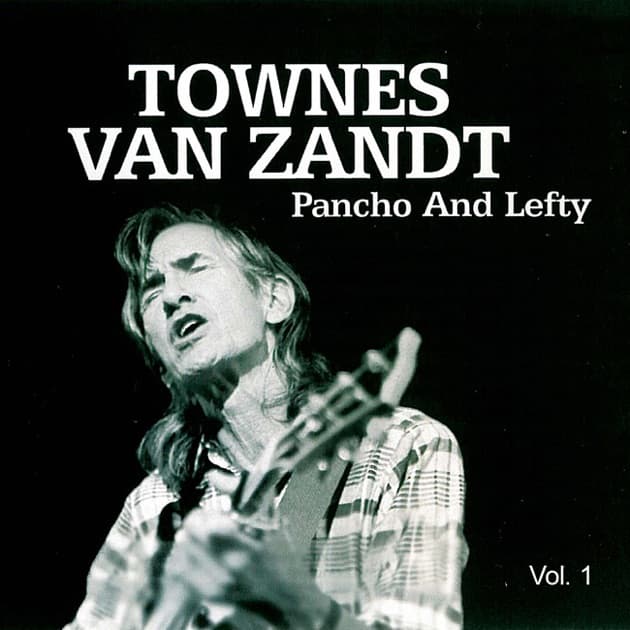
A Ballad of Brothers Torn by Fate and Bound by the Dust of the Open Road
When Townes Van Zandt first released “Pancho and Lefty” on his 1972 album The Late Great Townes Van Zandt, the song made little commercial noise. It did not climb charts or fill radio rotations; its brilliance lived quietly in the corners of dimly lit rooms, passed from one lover of truth-telling songs to another. And yet, as with so many of Van Zandt’s works, time would eventually bend its ear toward the poetry he wrote. A decade later, when Willie Nelson and Merle Haggard revived “Pancho and Lefty” in 1983, sending it to No. 1 on the Billboard Country chart, the song’s haunting beauty finally reached the wide audience it had always deserved. What emerged was not simply a hit but an immortal ballad — one that captures the unrelenting loneliness and fragile brotherhood at the heart of the American myth.
At its core, “Pancho and Lefty” is less a story than a parable — a Western painted in shades of regret and dust. The lyrics speak of two outlaws: Pancho, the brave and doomed, and Lefty, the betrayer who lives to face the hollow ache of survival. The genius of Van Zandt’s writing lies in his refusal to moralize. He never tells us who is right, who is wrong, or what truly happened between the two men. Instead, he lets silence do the talking. Every verse drips with unspoken consequence — the way “the dust that Pancho bit down south” lingers like a ghost on Lefty’s conscience. The ambiguity is the point. We are not invited to judge; we are invited to remember.
Musically, the song is a masterclass in restraint. A simple waltz-time structure cradles Van Zandt’s weary, unadorned voice — a voice that carries the wisdom of someone who has seen both sides of every road. There’s no flash, no grand gesture. Just the unhurried rhythm of inevitability. The melody moves like a slow train across the plains, and in its unassuming progression, we feel the inexorable passage of time.
Many have tried to decode who Pancho and Lefty “really” were — whether the song references Pancho Villa or is simply a fictional meditation on loyalty and betrayal. But to Van Zandt, such questions missed the essence. He once said, “It’s about the way people do each other.” That line captures everything. “Pancho and Lefty” is about human frailty — the way love and guilt coexist, the way we sometimes trade our brothers for survival, and the unbearable knowledge that life keeps moving long after honor is gone.
Today, more than half a century after its quiet birth, “Pancho and Lefty” endures as one of the great American ballads — a song that breathes in the spaces between truth and legend. It reminds us that the West was never just a place; it was a condition of the heart, where every friendship was shadowed by fate, and every outlaw was, in some secret way, our reflection.